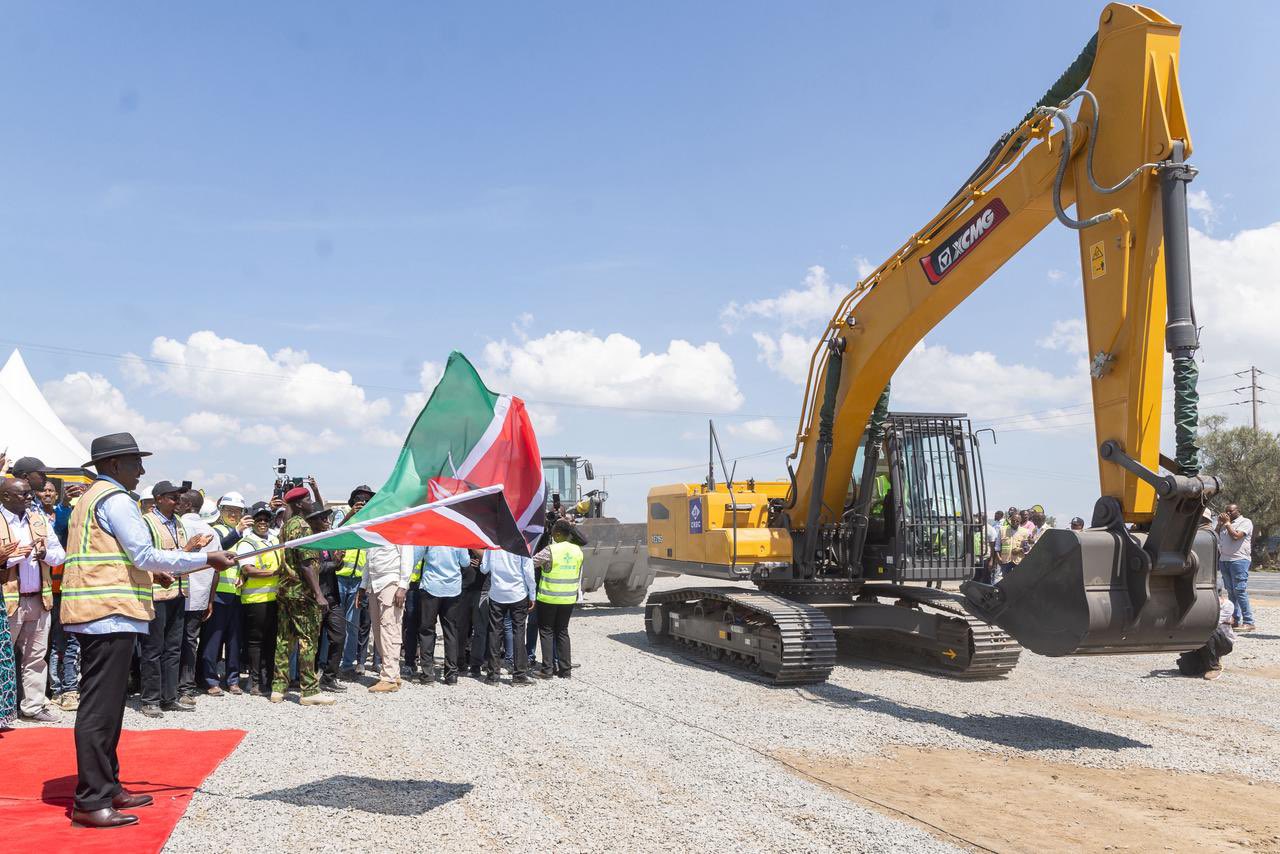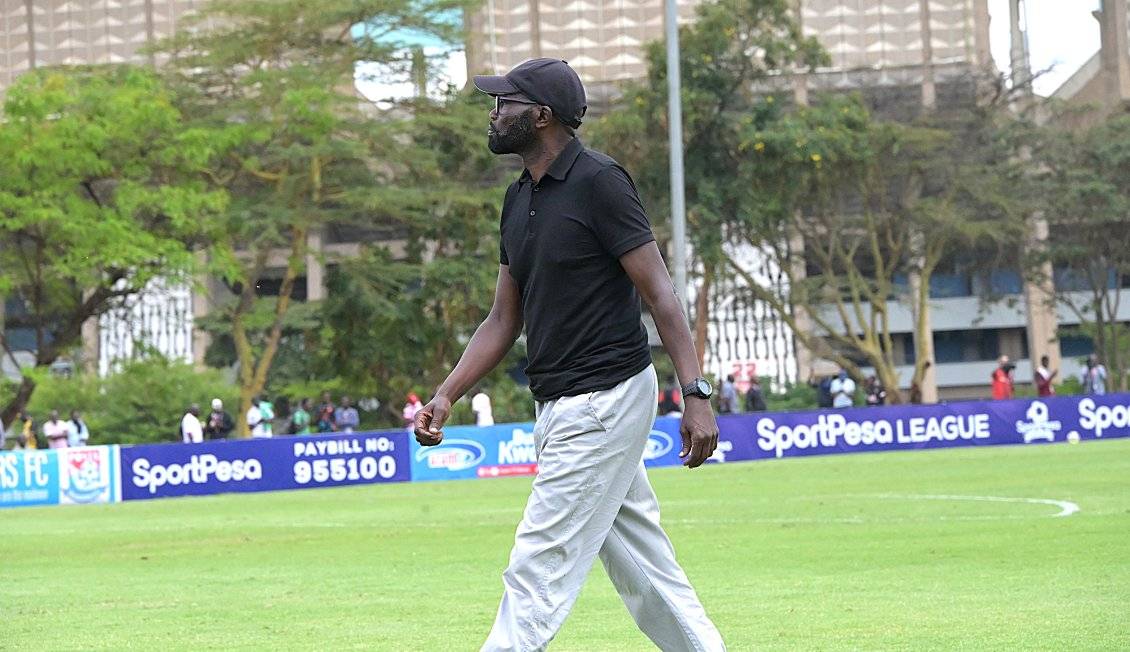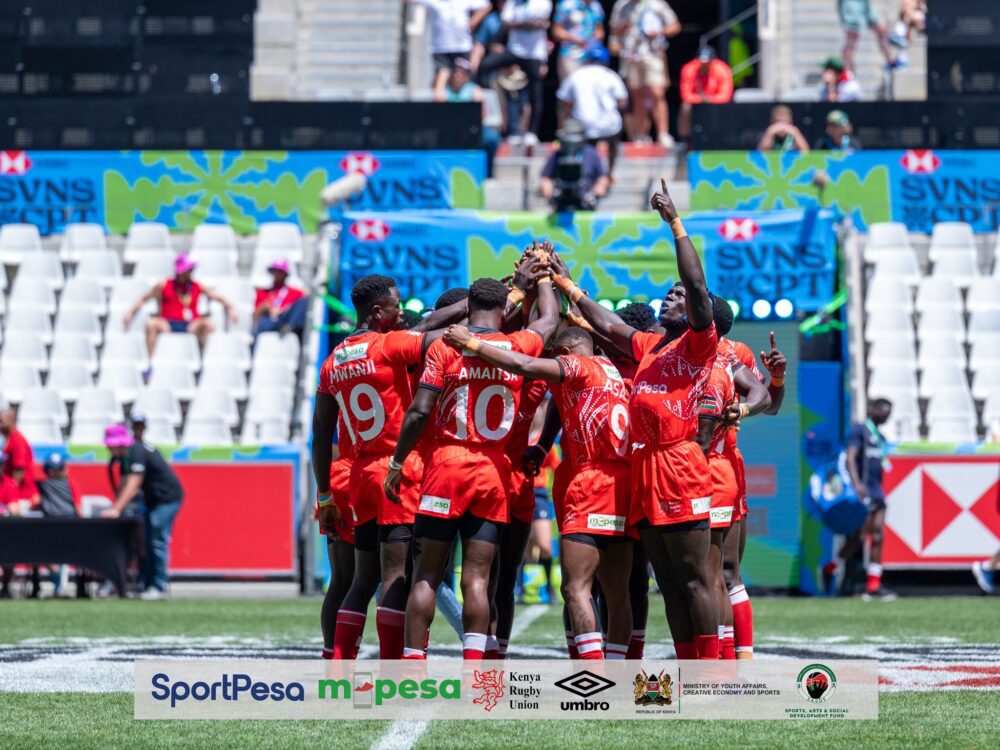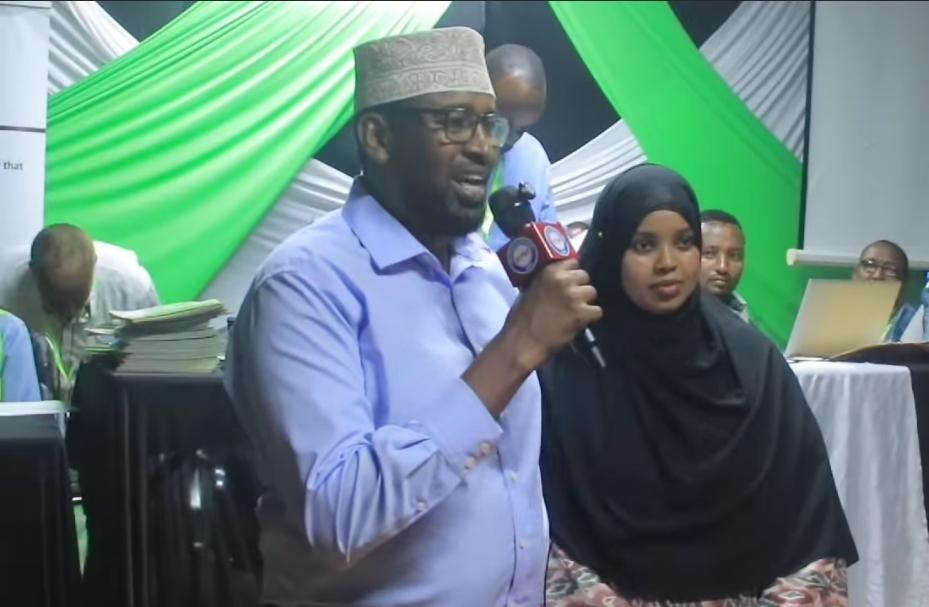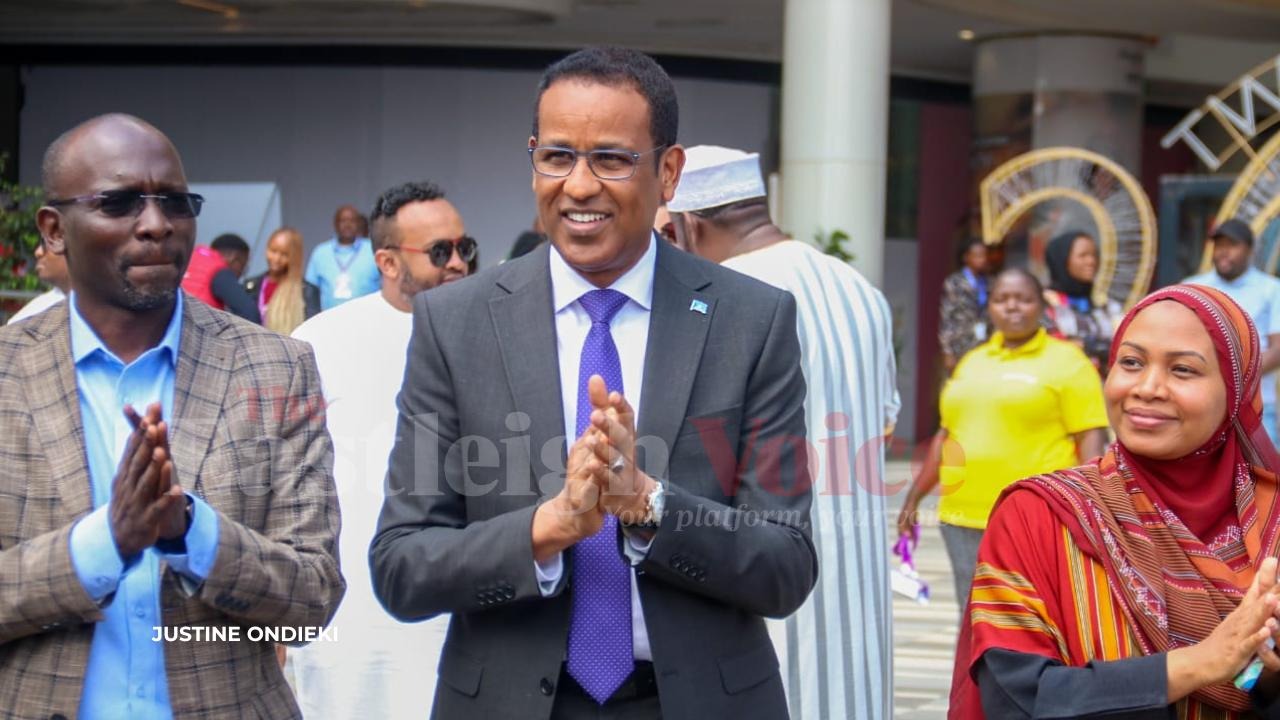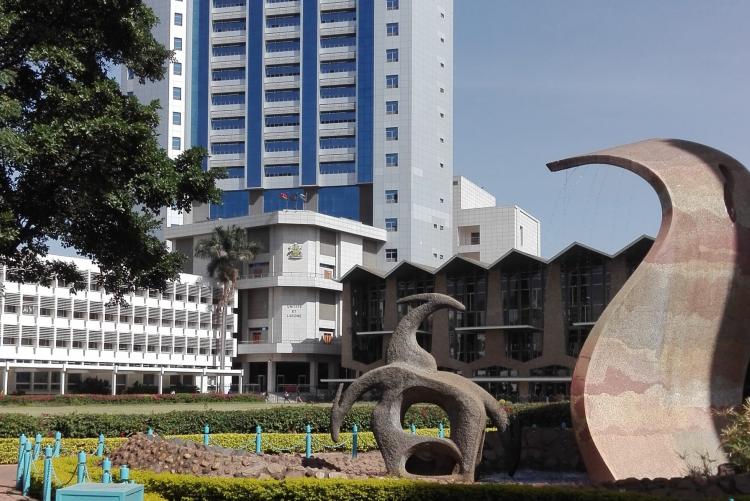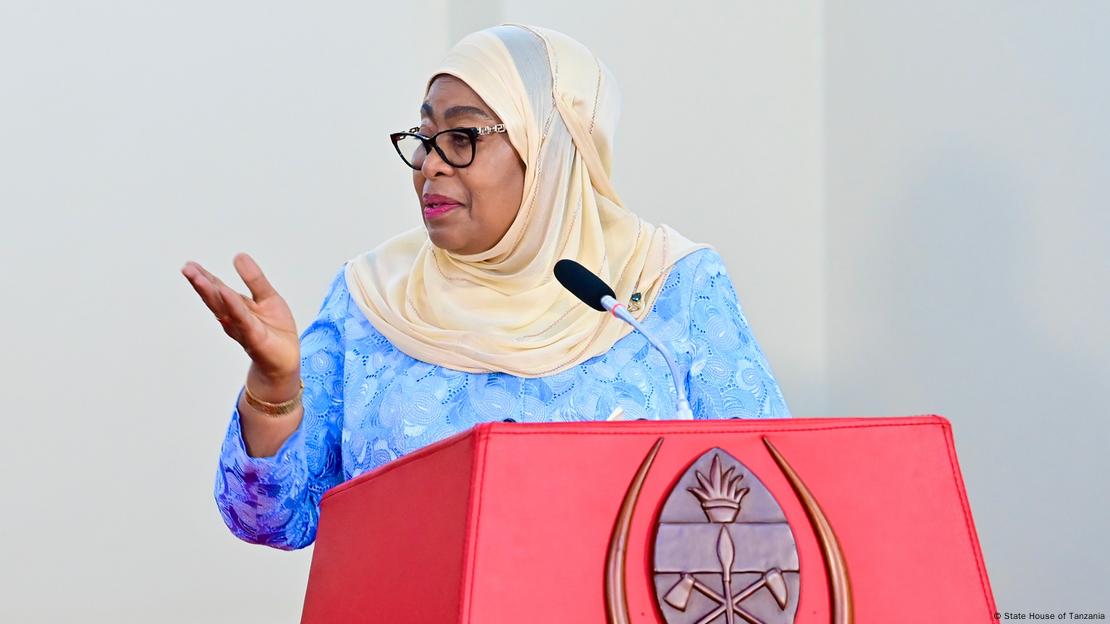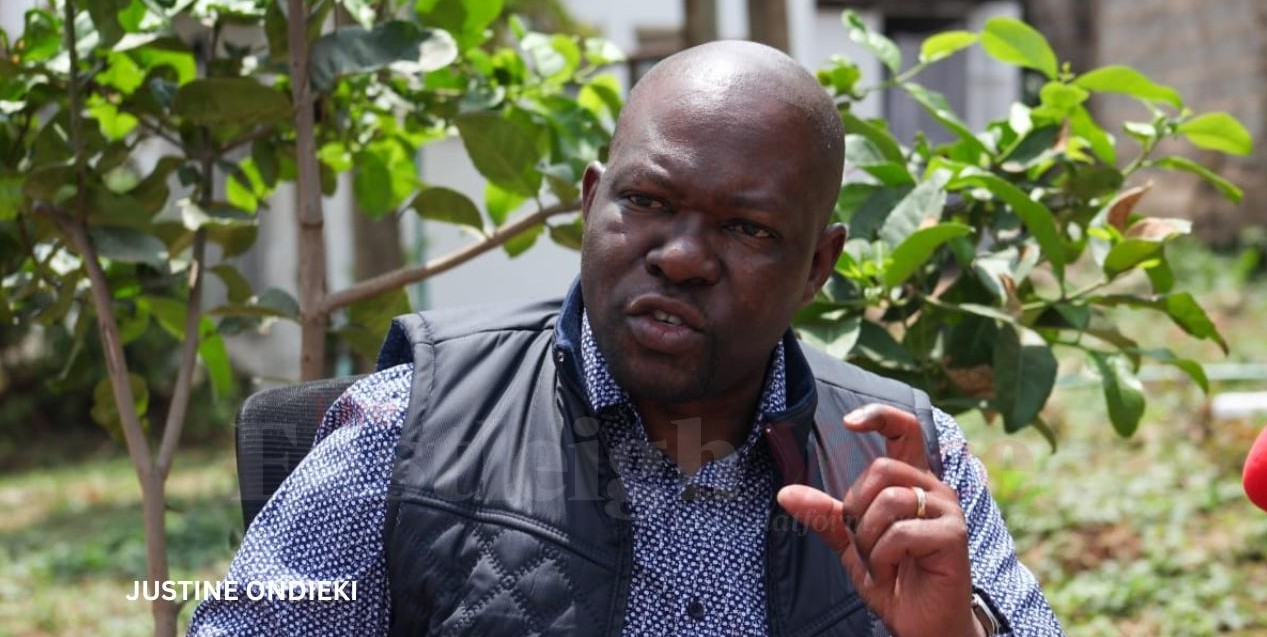Sudanese army drives rival RSF from central Khartoum, witnesses say
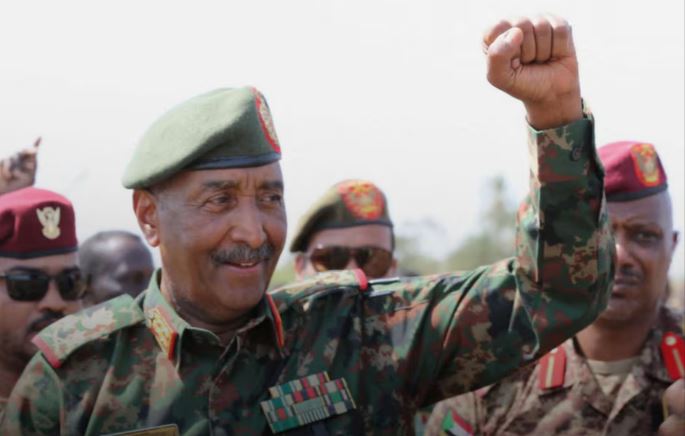
With the army now re-establishing its position in the capital, it is making a new push to cement its control in the centre of Sudan.
The Sudanese army drove its rival Rapid Support Forces (RSF) from most of Khartoum city, residents said on Wednesday, as the army chief toured the presidential palace and airport, marking a major military gain though the wider war looks far from over.
The residents said RSF troops had withdrawn, and the army had deployed across the city centre after two years of devastating conflict that is splitting the massive country into rival zones of control with the RSF still deeply embedded in western Sudan.
More To Read
- Mass displacement, trafficking fears deepen crisis in Sudan’s El Fasher
- Sudanese army says it repelled paramilitary forces' attack after unilateral truce declaration
- Sudan ceasefire bid in limbo as army chief Abdel Fattah rejects Trump proposal while RSF agrees
- Sudan’s RSF declares three-month ceasefire amid backlash over civilian attacks
- Why UN’s gradual move back to Khartoum, Sudan is ‘an important step’
- Sudan military leader Burhan rejects US-led ceasefire plan, accuses Quad of favouring RSF
Army chief Abdel Fattah Burhan flew into Khartoum airport, located in the centre of the capital, and toured the presidential palace, his ruling council said in a statement, in a demonstration of the army's control over the area.
An army statement said his flight into the airport was the first to land there since the outbreak of war in April 2023.
The army also said it had gained control of a major RSF base south of the capital that it said was the paramilitary group's last major stronghold in Khartoum state.
It released drone footage of scores of people walking across a dam that it said showed RSF forces retreating across the Nile.
Reuters was not able to confirm that the footage showed RSF forces, and the RSF did not immediately comment on Wednesday's military developments.
Recent army gains in central Sudan, retaking districts of the capital and other territory, come as the RSF has consolidated its control in the west, hardening battle lines and threatening to move the country towards a de facto partition.
The war, which erupted two years ago as the country was attempting a democratic transition, has caused what the UN calls the world's largest humanitarian crisis, with famine in several areas as well as outbreaks of disease.
It has driven 12.5 million people from their homes, many of them seeking refuge in neighbouring countries.
The army and RSF had at one point been in a fragile partnership together, jointly staging a coup in 2021 that derailed the transition from the Islamist rule of Omar al-Bashir, a longtime autocrat who was ousted in 2019.
They had also fought on the same side for years in the western state of Darfur under Bashir's government.
The RSF, under Mohamed Hamdan Dagalo ‘Hemedti’ developed from Darfur's Janjaweed militias and Bashir developed the group as a counterweight to the army, led by career officer Abdel Fattah al-Burhan.
After they seized power together in 2021, the two sides clashed over an internationally backed plan aimed at launching a new transition with civilian parties that would require them both to cede powers.
Major points of dispute included a timetable for the RSF to integrate into the regular armed forces, the chain of command between army and RSF leaders, and the question of civilian oversight.
When fighting broke out, Sudan's army had better resources, including air power. However, the RSF was more deeply embedded in neighbourhoods across Khartoum and was able to hold much of the capital in an initial, devastating burst of warfare.
The RSF also made rapid advances to gain control of its main stronghold of Darfur and over El Gezira state, south of Khartoum, a big farming area.
With the army now re-establishing its position in the capital, it is making a new push to cement its control in the centre of Sudan.
Top Stories Today

